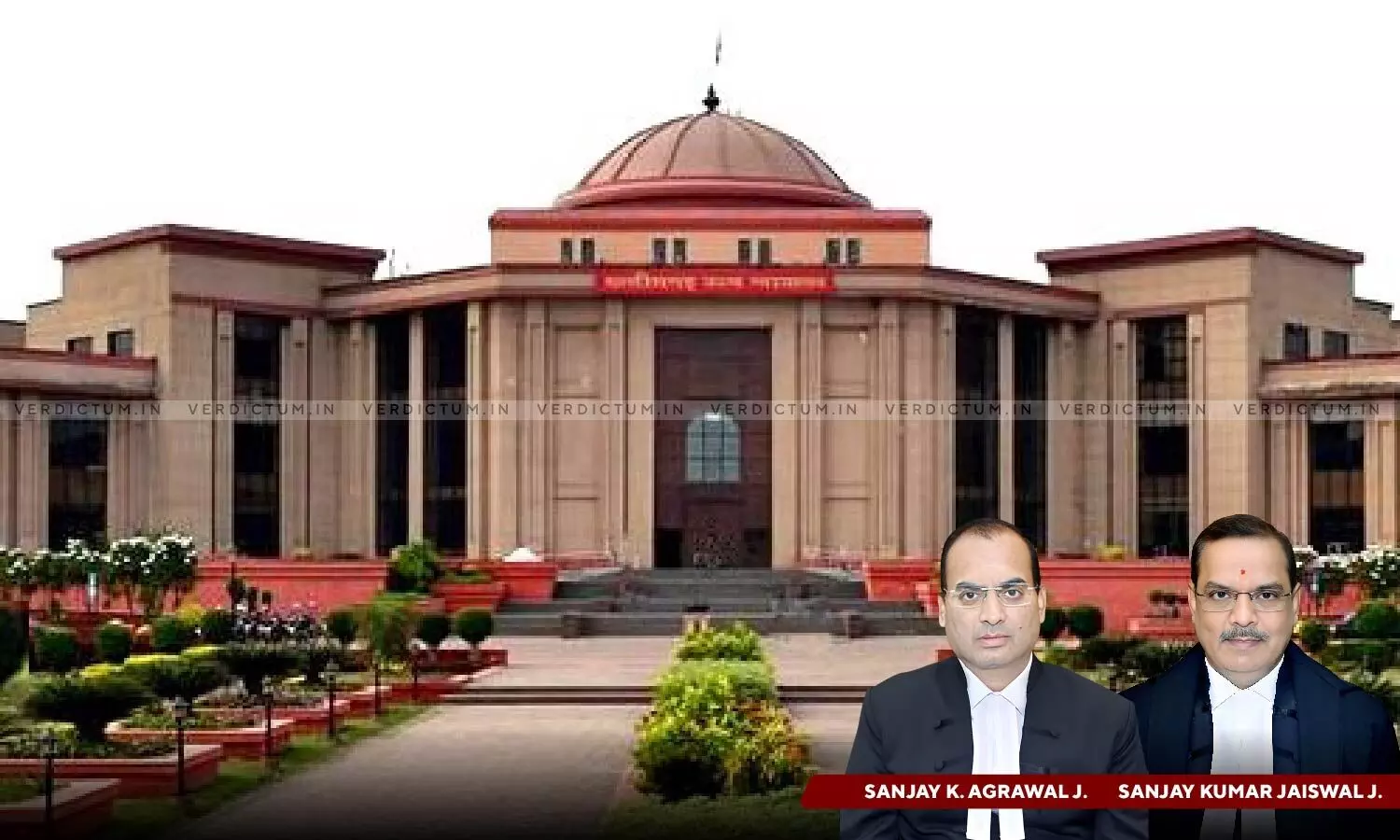
Subordinate Legislation Can Be Given A Retrospective Effect If Any Such Power Is Contained In Main Act: Chhattisgarh HC
 |
|The Chhattisgarh High Court ruled that subordinate legislation can be given a retrospective effect and operation if any power in this behalf is contained in the main Act.
The bench of Justice Sanjay K. Agrawal and Justice Sanjay Kumar Jaiswal observed, “it is well settled now that every statute shall be construed as prima facie prospective unless expressly or by necessary implication it is made to have a retrospective operation. It is also trite law that a power conferred to make a subordinate legislation must be exercised in conformity with the parent Act. A subordinate legislation can be given a retrospective effect and operation if any power in this behalf is contained in the main Act.”
Advocate Manish Nigam appeared for the Appellant and Advocate Diksha Gouraha appeared for the Respondent.
Brief Facts-
The Zila Panchayat issued an advertisement for the appointment of Shiksha Karmi Grade-I, requiring a second division in post-graduation with a B.Ed. The respondent lacked this qualification and was deemed ineligible upon result declaration. Subsequently, the State Government amended the rules, now requiring post-graduation with a B.Ed. The respondent filed a writ petition, seeking reconsideration, which was rejected by the Zila Panchayat holding that she did not have the requisite educational qualification for the post on the date of advertisement. However, a single judge allowed the petition citing the case of Ram Chandra Ram and another v. State of Chhattisgarh and others, stating that relaxing the rule would allow previously ineligible candidates to participate in future exams.
Aggrieved by the said order, the Zila Panchayat, Raipur preferred this Writ Appeal calling into question legality, validity and correctness of the order impugned.
The Court observed, “The Union Parliament and State Legislatures have plenary powers of legislation within the fields assigned to them and subject to certain constitutional and judicially recognised restrictions can legislate prospectively as well as retrospectively. ...... The power to make retrospective legislation enables the Legislature to obliterate an amending Act completely and restore the law as it existed before the amending Act.”
“Unless there are words in the statute sufficient to show the intention of the Legislature to affect existing rights, it is “deemed to be prospective only - “nova constitutio futuris formam imponere debet non praeteritis”—a new law ought to regulate what is to follow, not the past.” Court added.
As per the Court, it is a cardinal principle of construction that every statute is prima facie prospective unless it is expressly or by necessary implication made to have retrospective operation.
The Court further observed that it is not necessary that an express provision be made to make a statute retrospective and the presumption against retrospectivity may be rebutted by necessary implication, especially in a case where the new law is made to cure an acknowledged evil for the benefit of the community as a whole.
The Court relied on the decision in Mahabir Vegetable Oils (P) Ltd. v. State of Haryana where the SC observed, “It is beyond any cavil that subordinate legislation can be given a retrospective effect and retroactive operation, if any power in this behalf is contained in the main Act. The rule-making power is a species of delegated legislation. A delegatee therefore can make rules only within the four corners thereof.”
The Court noted that the Rules of 2007 were made in exercise of the powers conferred under Sections 70(1) & 53(1)(b) read with Section 95(1) of the Chhattisgarh Panchayat Raj Adhiniyam, 1993 and no power was given by the State Legislature to the rule-making authority or the State Government under Section 95 of the said Adhiniyam to make rules with retrospective effect.
The Court did not find any merit in the contention of the Respondent and hence, set aside and dismissed his Writ Petition.
The Court allowed Writ Appeal to the extent indicated above.
Cause Title: Zila Panchayat Raipur v. State Of Chattisgarh (Neutral Citation: 2024:CGHC:12363-DB)
Appearance:
Appellant: Adv. Manish Nigam
Respondent: Govt. Adv. Rahul Tamaskar, Deputy G.A. Ankur Kashyap, Adv. Diksha Gouraha